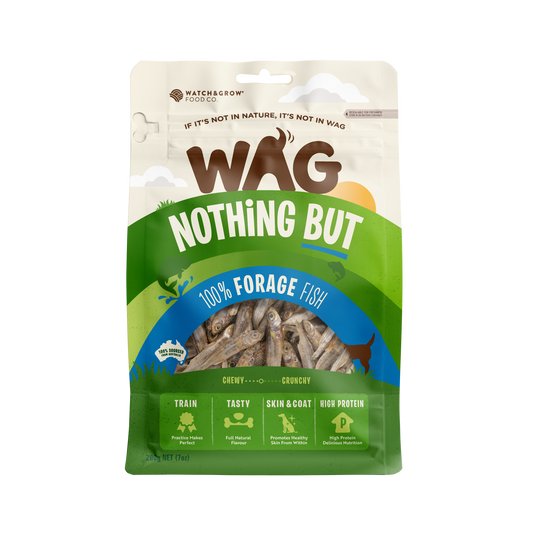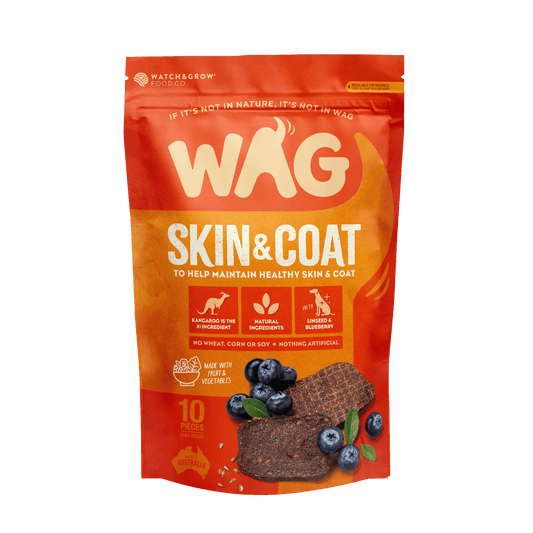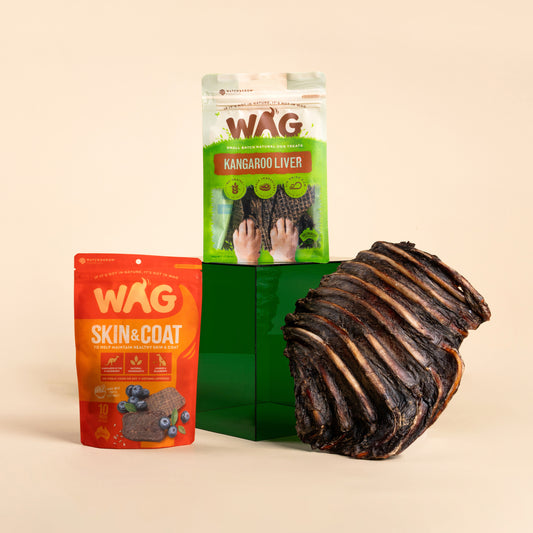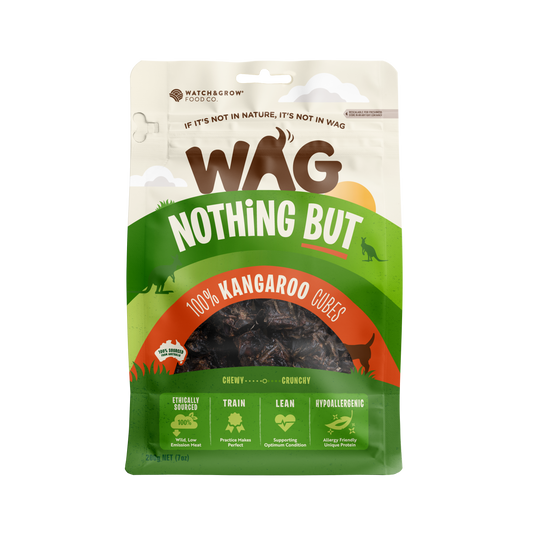Dog ear health is an important aspect of the overall wellbeing of our furry friends. Itchy ears can be a common issue experienced by dogs, and as a pet owner, it's important to know how to identify ear issues and when to take your four-legged companion to the vet.
Let's take a look at some of the signs of dog itchy ears, the common causes, and treatment options.
Signs of itchy ears in dogs
The most obvious sign of itchy ears in dogs is a dog scratching their ears. However, there are some other common signs that can indicate ear issues in dogs:
- Shaking the head
- Rubbing the head
- Skin irritation
- Ear discharge
- Abnormal ear wax
- Swollen ears and ear canal
- Dog appears to be off balance
- The dog is reluctant to allow their ear to be touched
- Unpleasant odour from the ears
Common causes of dog itchy ears
There are a few common causes of itchy dog ears. These include:
- Ear infection
- Ear mites
- Food allergies
- Other allergies such as to dust mites
- Foreign objects/foreign body within the ear (such as grass seeds)
- Skin conditions such as contact dermatitis
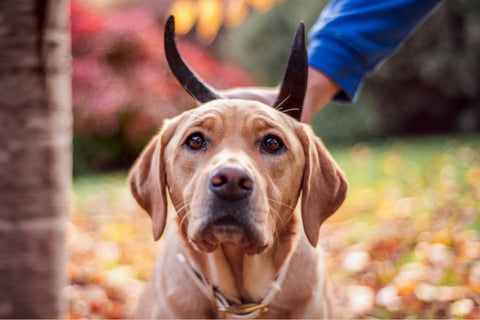
Ear mites
Ear mites in dogs can be a common cause of itchy ears. Ear mites are microscopic parasites which live in the ear canals and the skin surrounding the dog's ears. They are very contagious, and reproduce very quickly.
As well as a dog scratching at the ears and head, signs of ear mites may include excessive ear wax production, ears that are red or inflamed, black ear discharge and smelly odour. Pet owners will often describe the ear discharge as similar to coffee grounds when ear mites are present.
There are over the counter medications that treat ear mites. In addition, vets can offer either a single dose medication or medication to be applied regularly for a couple of weeks.
Dog ear infections
Yeast infections and bacterial infections are both common types of ear infections for dogs. Your pet's ears are more susceptible to infections than human ears, but regular cleaning can help prevent doggy ear infections.
If you notice your dog's ears smell, an ear infection could be the culprit. Dog ear infections generally won't go away on their own - so if you suspect your pooch has an ear infection, take them to the vet sooner rather than later to avoid further complications. Dog ear infection treatments usually include topical medications, but depending on severity or if the infection has reached the inner ear, may include oral antibiotics, antifungals or steroids.
As well as itching, other common symptoms of an ear infection include loss of balance and tilting of the head, and the dog's ear may be swollen or red.

Are some dogs more likely to have ear problems?
Some dog breeds are at a greater risk of suffering from ear infections and other ear problems. In particular, breeds with floppy ears are more likely to have issues relating to their ears. This is because the floppy ears create a warm, moist environment that is perfect for the growth of bacteria and yeast. Dogs with long hair around their ears are also more prone to ear infections.
The dog breeds that are most likely to experience ear issues due to floppy ears include the Basset Hound, Labradoodle, Chinese Shar Pei and Beagle.
Dog owners of floppy-eared doggos should take extra care to ensure they regularly clean the ears, and seek vet advice for any concerns about their dog's ear health.
When and how to clean dogs ears
Regular cleaning of your dog's ears is an important part of supporting their ear health and overall physical wellbeing. That being said, over-cleaning of the ears should also be avoided, as it can increase the risk of ear infection.
Most people agree that you should clean your dog's ears about once a month - but this can change if your furry friend has a history of ear infections or is at higher risk of ear issues (perhaps due to their breed or other health conditions).
If you have to apply topical medication to your dog's ears, make sure you clean them first.
To clean your pup's ears safely:
- Don't use cotton tips - they can pierce the eardrum or force ear wax deeper into the ear canal.
- Source a good quality ear cleaner made for dogs. Avoid products with hydrogen peroxide and alcohol as they can cause irritation in the sensitive ear.
- Lift the ear flap and squeeze cleaning solution into the ear canal.
- While still holding the ear flap, use your other hand to massage the base of the ear. This encourages the cleaning solution to work its magic in breaking up the debris in the ear.
- Using a cotton ball, wipe the inside of the ear.
- Release the ear flap and allow your dog to shake their head to clear the rest of the cleaning solution and debris.
- Wipe the inside of the ear once again with a clean cotton ball.
- Repeat on the other side.
- Offer lots of treats and praise!
Good ear health promotes good overall health
Just like with any aspect of their body, if a dog is struggling with their ears, it will affect their overall health. Supporting the wellbeing of your dog includes regular cleaning of their ears, and keeping an eye out for signs of problems such as itching, ear discharge or discomfort.
After every ear clean or vet check up, make sure you offer plenty of treats and praise. This is a great way of supporting your relationship with your pooch, and rewarding them for good behaviour.
Make sure you choose a high quality natural dog treat when rewarding your dog - not only will they appreciate the praise and acknowledgement for being a good doggo, but their health will thank you, too. A natural treat such as skin & coat jerky or forage fish are designed with your dog's skin health in mind - making them a fantastic treat option all round.

The natural treat experts
Here at WAG we strive to create delicious and nutritious treats for your doggo, without any nasties. Next time you clean your pup's ears or take them to the vet for an ear check up, make sure you reward your pooch with some natural and sustainable WAG treats.
Shop the Recipe
WAG Team
Up Next
Where Should Your Dog Sleep? Understanding Sleeping Habits for a Happy Furry Friend


